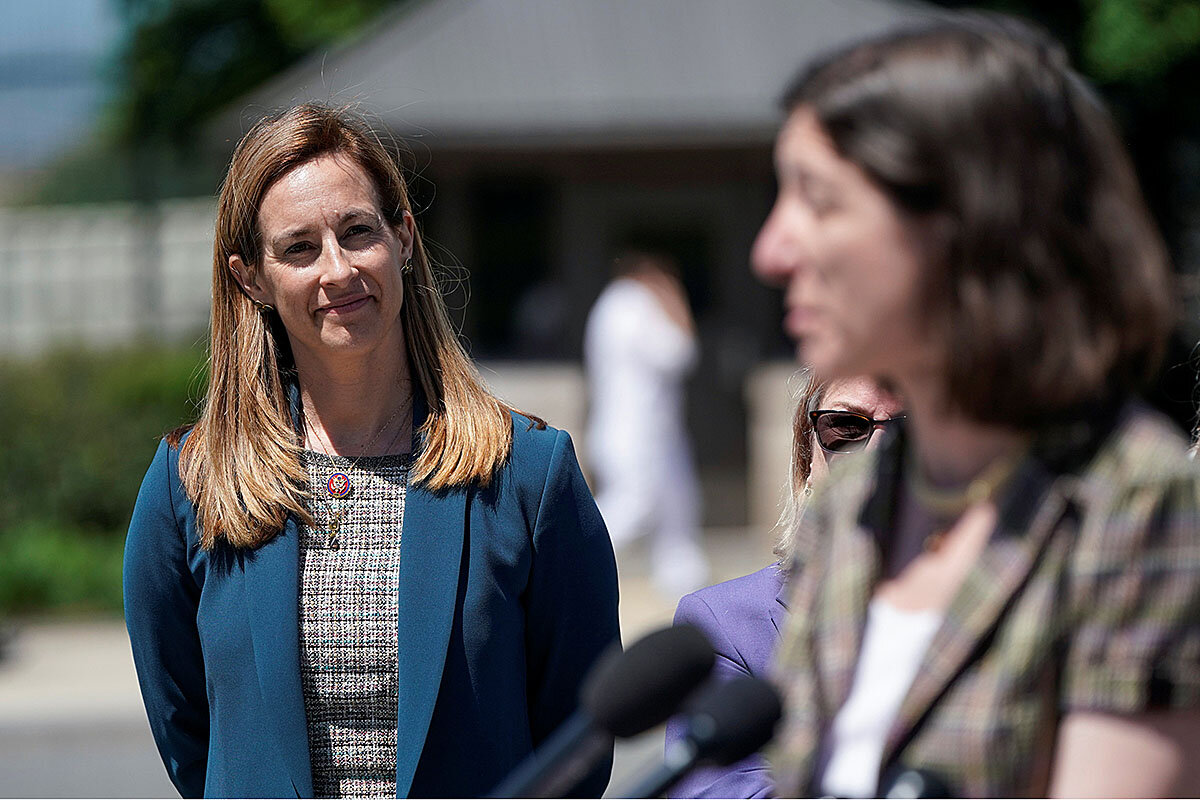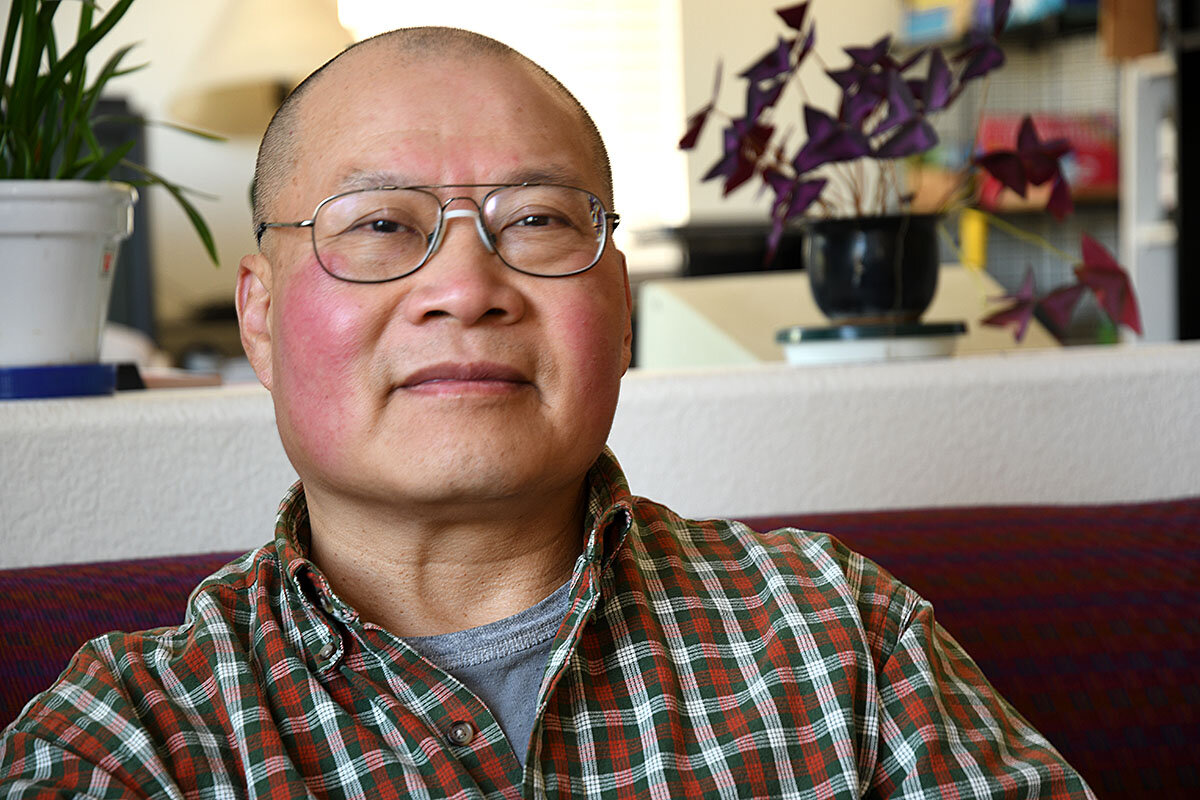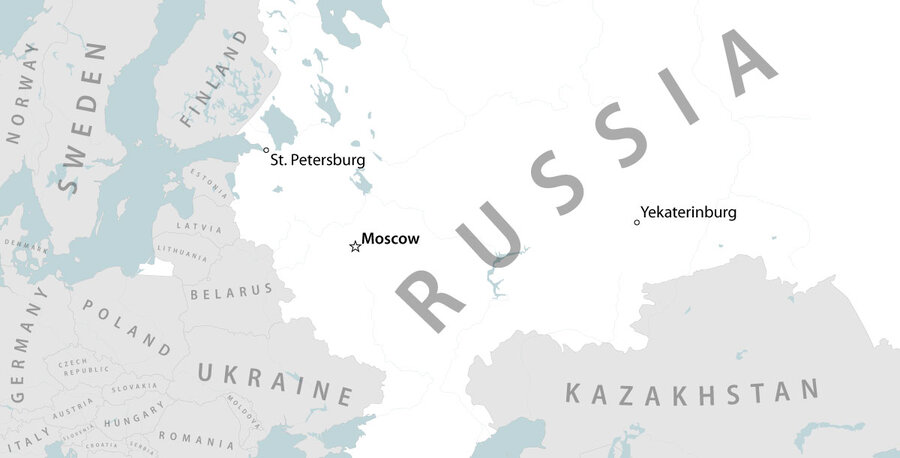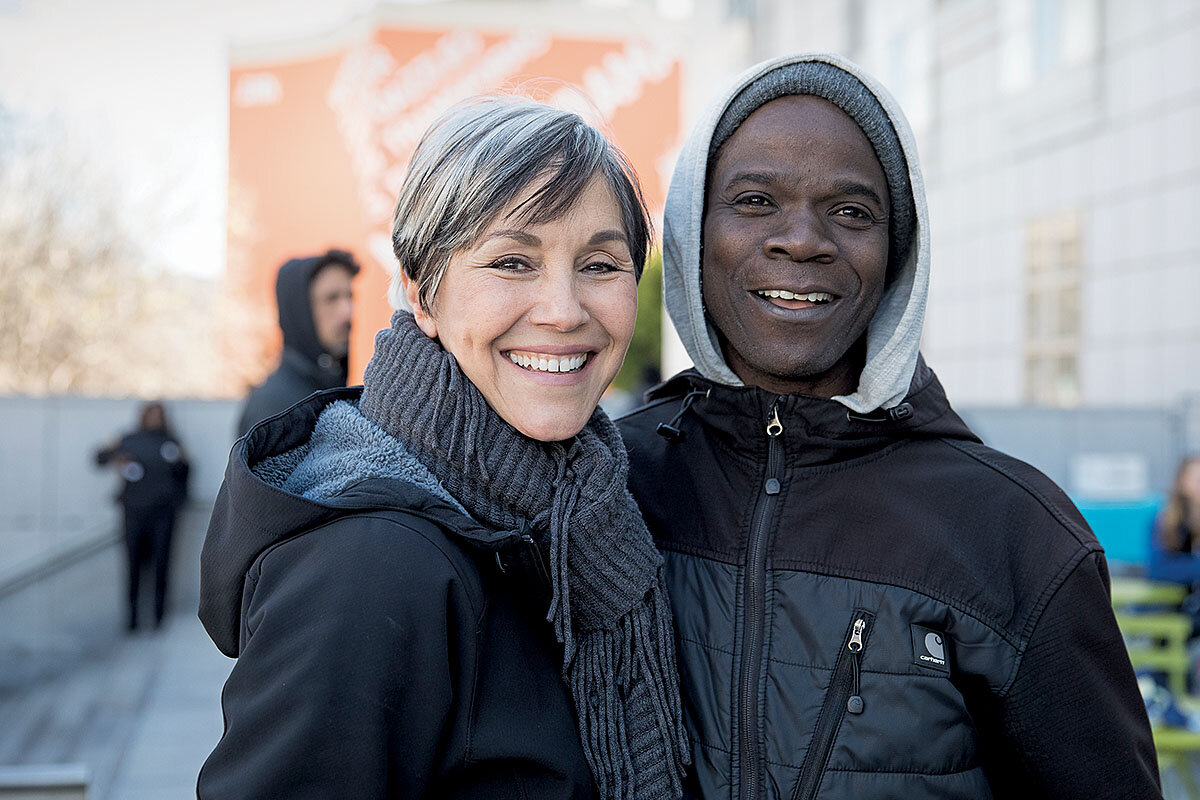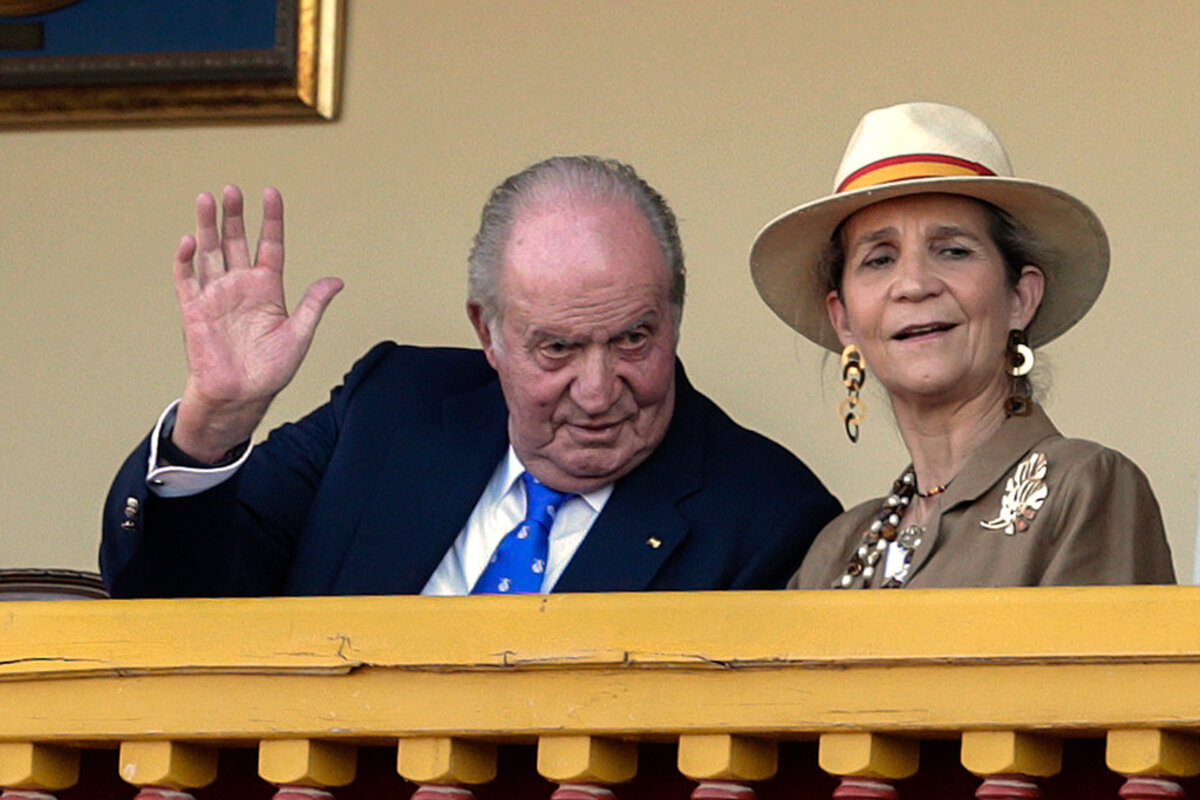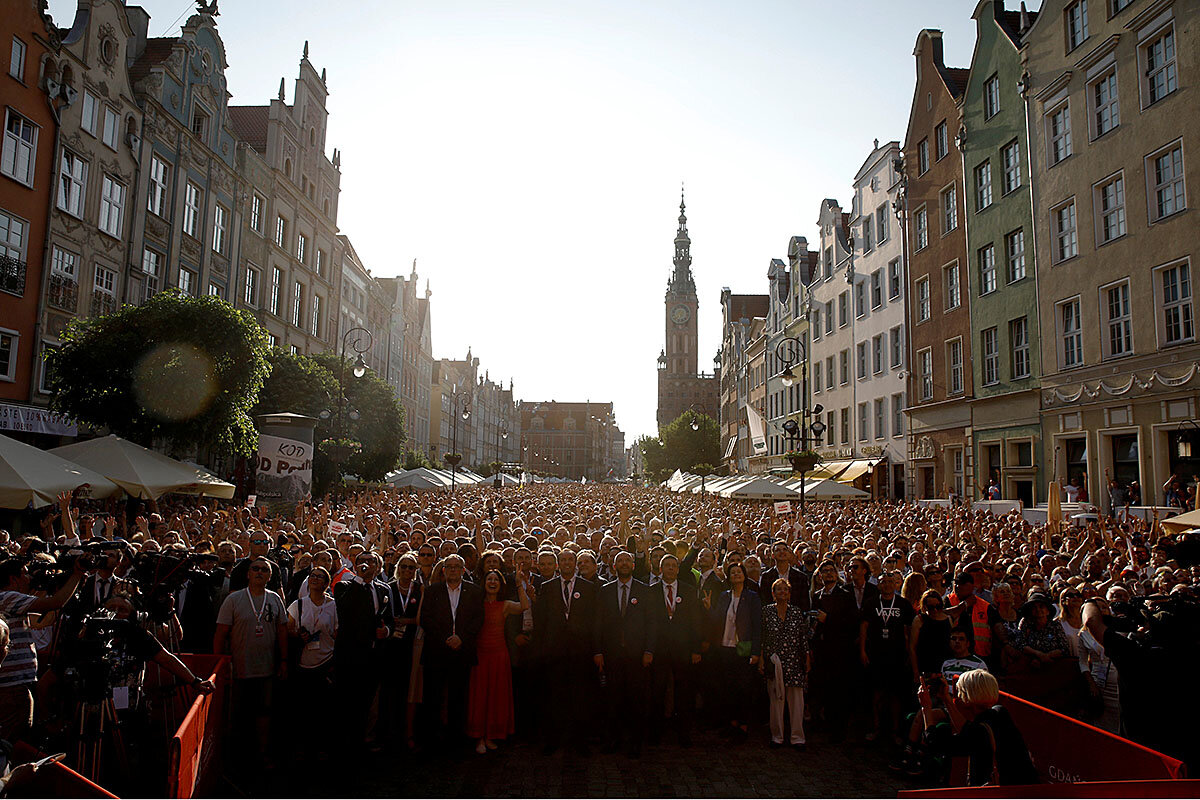Criticized by the left wing of their party, these Democrats say they are effectively reviving the principle of pragmatism in an increasingly polarized government.
Monitor Daily Podcast
- Follow us:
- Apple Podcasts
- Spotify
- RSS Feed
- Download
 David Clark Scott
David Clark Scott
As the U.S. embarks on another presidential election, voters may consider one of the lessons Finland has learned fighting Russian disinformation: Know thyself.
The Mueller report documents how Russian agents spread false information using Facebook, Twitter, YouTube, and Instagram to exacerbate divisions among U.S. voters. And Russian trolls stoked anger by creating fake online groups for gun rights, LGBTQ rights, and racial justice, luring hundreds of thousands of American followers – from the left and right.
Those efforts continue. The intent is to sow distrust and instability so that a democracy crumbles from within. Finland has battled Kremlin disinformation since it broke away from its neighbor a century ago. But since 2014, the Finns have been teaching citizens how to protect themselves from fake news online. Finland’s Jussi Toivanen tells CNN, “The first line of defense is the kindergarten teacher.” Right through high school, students are taught to combine fact-checking with critical thinking.
The Finns also have a “super power,” said Jed Willard of Harvard University in Cambridge, Massachusetts. “The Finns have a very unique and special strength in that they know who they are. And who they are is directly rooted in human rights and the rule of law,” he says.
So, the best weapon against manipulation – being led digitally astray – doesn’t originate online: It starts with an individual’s clear sense of identity and core values. Is that a uniquely Finnish trait?
Now to our five selected stories, including why some Chinese dissidents are still hopeful, a surprisingly democratic battle over parkland in Russia, and the power of a warm shower to uplift.




